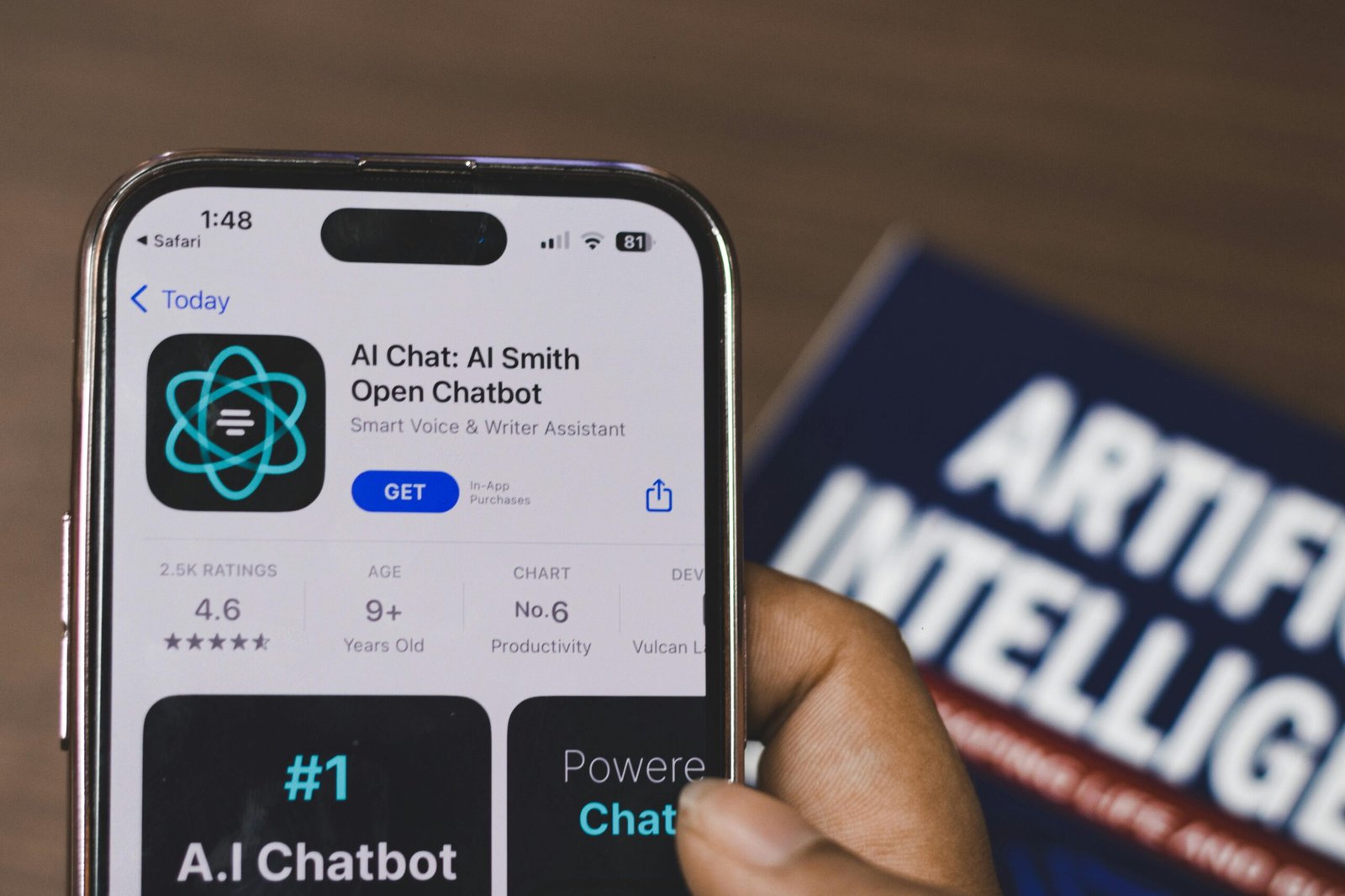Generative AI, a branch of artificial intelligence that focuses on producing new content—such as images, text, or even code—has rapidly evolved from an emerging technology to a critical business tool. By leveraging deep learning models like GPT (Generative Pretrained Transformers) or diffusion models for image generation, companies can automate, personalize, and optimize processes in unprecedented ways. Here’s how generative AI services are revolutionizing the future of business.
Enhancing Creativity and Product Development
Generative AI is transforming how businesses approach product design and innovation. AI systems can now generate multiple design prototypes based on a set of parameters, allowing companies to explore new creative possibilities faster. This capability is especially useful in industries such as fashion, automotive, and architecture. Businesses can iterate through designs more quickly and refine them based on real-time feedback, enabling more agile product development.
For instance, generative AI can create lifelike images of new products, enabling marketers to run virtual campaigns before actual production. Similarly, it can generate CAD designs or even functional code, speeding up the prototyping process. Companies that partner with a Generative AI Services Company can gain access to advanced tools and expertise, accelerating their innovation cycles even further.
Automating Content Creation
One of the most significant applications of generative AI is automating content generation. From blog posts and marketing materials to social media content and product descriptions, generative AI tools, like ChatGPT and similar language models, allow businesses to scale their content production. This not only saves time but also reduces the cost of employing large content creation teams.
Retailers, for example, can use generative AI to write product descriptions optimized for SEO, while media companies can quickly produce content across multiple platforms without sacrificing quality. Moreover, AI can generate personalized content for individual users, improving engagement and conversion rates.
Personalized Customer Experiences
Generative AI’s ability to analyze vast amounts of customer data allows businesses to offer highly personalized experiences. In sectors like e-commerce and entertainment, AI-generated content—such as product recommendations, personalized emails, or even AI-generated music or art tailored to user preferences—enhances customer engagement.
For example, in e-commerce, generative AI can automatically create personalized product recommendations by analyzing a customer’s past purchases, browsing history, and behavior. Similarly, in the entertainment industry, AI can generate personalized playlists, recommend shows, or even create unique stories based on user preferences.
Optimizing Business Processes
Generative AI is not limited to content creation and personalization. It is also transforming core business operations. For example, in the financial sector, generative models can automate report generation, analyze complex data sets, and even simulate market scenarios to provide actionable insights. In logistics, AI-generated models can optimize supply chain management by predicting demand, identifying potential bottlenecks, and recommending efficient routes.
Additionally, AI can automate customer support through advanced chatbots that not only respond to common inquiries but also handle more complex conversations, reducing the need for human intervention and improving service efficiency.
Augmenting Decision Making
Generative AI is also proving valuable in enhancing decision-making capabilities within organizations. By generating data-driven insights, AI systems help managers make more informed decisions faster. Whether predicting market trends or optimizing pricing strategies, AI can analyze vast datasets and simulate outcomes, providing business leaders with tools to navigate uncertainties with more confidence.
This capability is particularly valuable in industries such as finance, retail, and healthcare, where large amounts of data need to be processed rapidly to make timely decisions.
Revolutionizing Marketing and Advertising
Marketing has always been about personalization and targeting, and generative AI takes these efforts to the next level. By generating tailored ad copy, visuals, and strategies for specific audiences, businesses can create highly targeted marketing campaigns that resonate with individual customers. AI-generated ads can adapt in real-time based on user behavior, increasing conversion rates and optimizing marketing budgets.
Furthermore, tools that use generative AI can predict which content will perform best across various channels, allowing marketers to focus their efforts on high-impact strategies.
Synthetic Data Generation
In data-heavy industries like healthcare, manufacturing, or finance, the use of real-world data is often limited by privacy concerns or accessibility issues. Generative AI addresses this by creating synthetic data that mirrors real-world data without compromising privacy. This is particularly useful in training machine learning models when real-world data is scarce or too sensitive to use.
For example, healthcare organizations can use synthetic patient data to train AI models for diagnostics or treatment recommendations without violating patient privacy laws.
Conclusion
Generative AI services are not just enhancing business operations but are fundamentally changing the way companies innovate, operate, and engage with customers. From automating content creation to optimizing business processes and augmenting decision-making, the applications of generative AI are broad and impactful. Companies that collaborate with a Generative AI Services Company are better positioned to take full advantage of these opportunities, gaining a competitive edge in an increasingly AI-driven marketplace. As businesses continue to adopt and integrate these technologies, those who embrace AI-driven innovation will find themselves better positioned to thrive in an increasingly competitive digital landscape.





